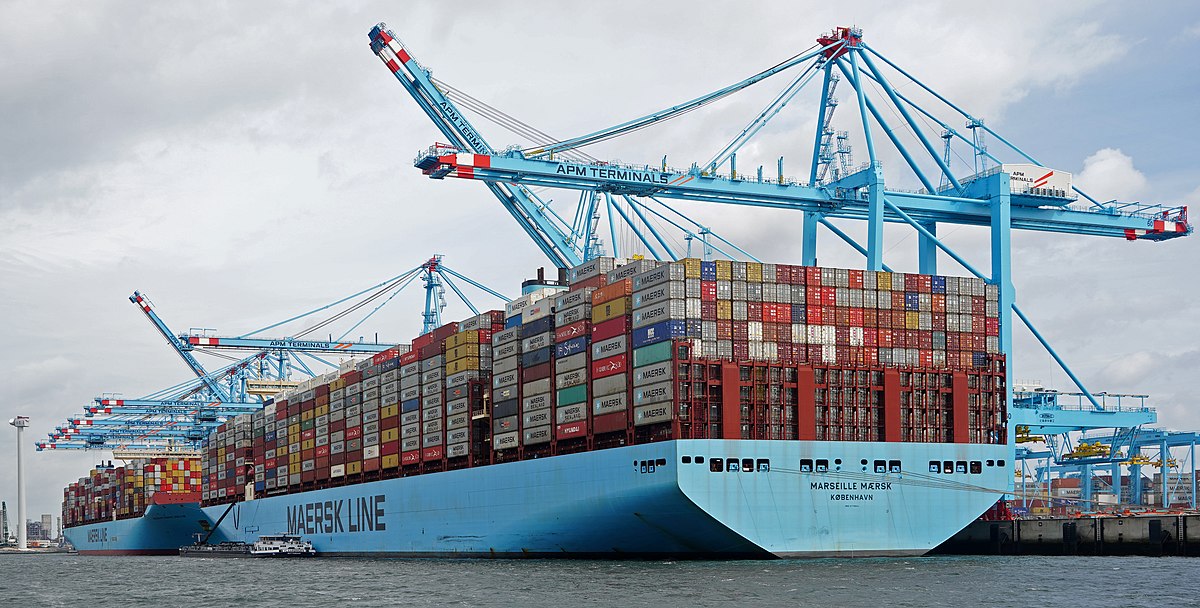In today's interconnected world, container transport plays a pivotal role in facilitating global trade. This innovative method of shipping goods has revolutionized the logistics industry, enabling efficient and cost-effective movement of cargo across vast distances. In this article, we will delve into the intricacies of container transport, exploring its significance, benefits, and the technologies that drive its success.
- The Evolution of Container Transport:
Container transport has come a long way since its inception in the 1950s. It has transformed the way goods are transported, replacing traditional break-bulk shipping methods with standardized containers. These containers, made of durable materials such as steel, are designed to withstand the rigors of long-distance transportation, ensuring the safety and security of the cargo within. - Key Benefits of Container Transport:
2.1 Enhanced Efficiency: The use of containers allows for seamless intermodal transportation, enabling goods to be easily transferred between different modes of transport, such as ships, trains, and trucks. This streamlined process minimizes handling and reduces the time required for loading and unloading, ultimately improving overall efficiency.
2.2 Cost Savings: Containerization has significantly reduced transportation costs by optimizing space utilization and enabling economies of scale. Standardized container sizes allow for efficient stacking and packing, maximizing the use of available cargo space. Moreover, the ability to transport large quantities of goods in a single container reduces per-unit transportation costs.
2.3 Improved Security: Containers provide enhanced security for goods during transit. They can be sealed and tracked, minimizing the risk of theft and ensuring the integrity of the cargo. Additionally, containers are designed to withstand harsh weather conditions and protect goods from damage, further enhancing security.
- Technological Advancements:
3.1 Tracking and Monitoring Systems: Advanced tracking and monitoring technologies, such as GPS and RFID, enable real-time visibility of containers throughout the supply chain. This allows for better inventory management, improved delivery accuracy, and proactive problem-solving in case of delays or disruptions.
3.2 Automated Handling Systems: Automated container handling systems, including robotic cranes and conveyor belts, have revolutionized port operations. These technologies streamline the loading and unloading processes, reducing human error, and increasing operational efficiency.
3.3 Smart Containers: The emergence of smart containers equipped with sensors and IoT capabilities has further enhanced the efficiency and security of container transport. These containers can monitor factors like temperature, humidity, and shock, ensuring the preservation of perishable goods and providing valuable data for supply chain optimization.
Conclusion:
Container transport has transformed the global trade landscape, enabling businesses to expand their reach and consumers to access a wide range of products from around the world. Its efficiency, cost-effectiveness, and security have made it the backbone of modern logistics. As technology continues to advance, we can expect further innovations in container transport, driving even greater efficiency and sustainability in the years to come.

